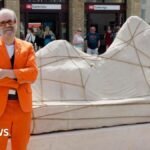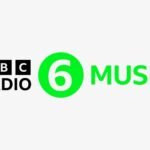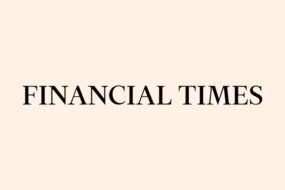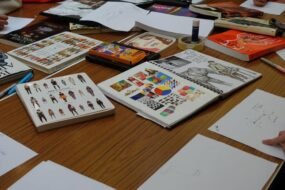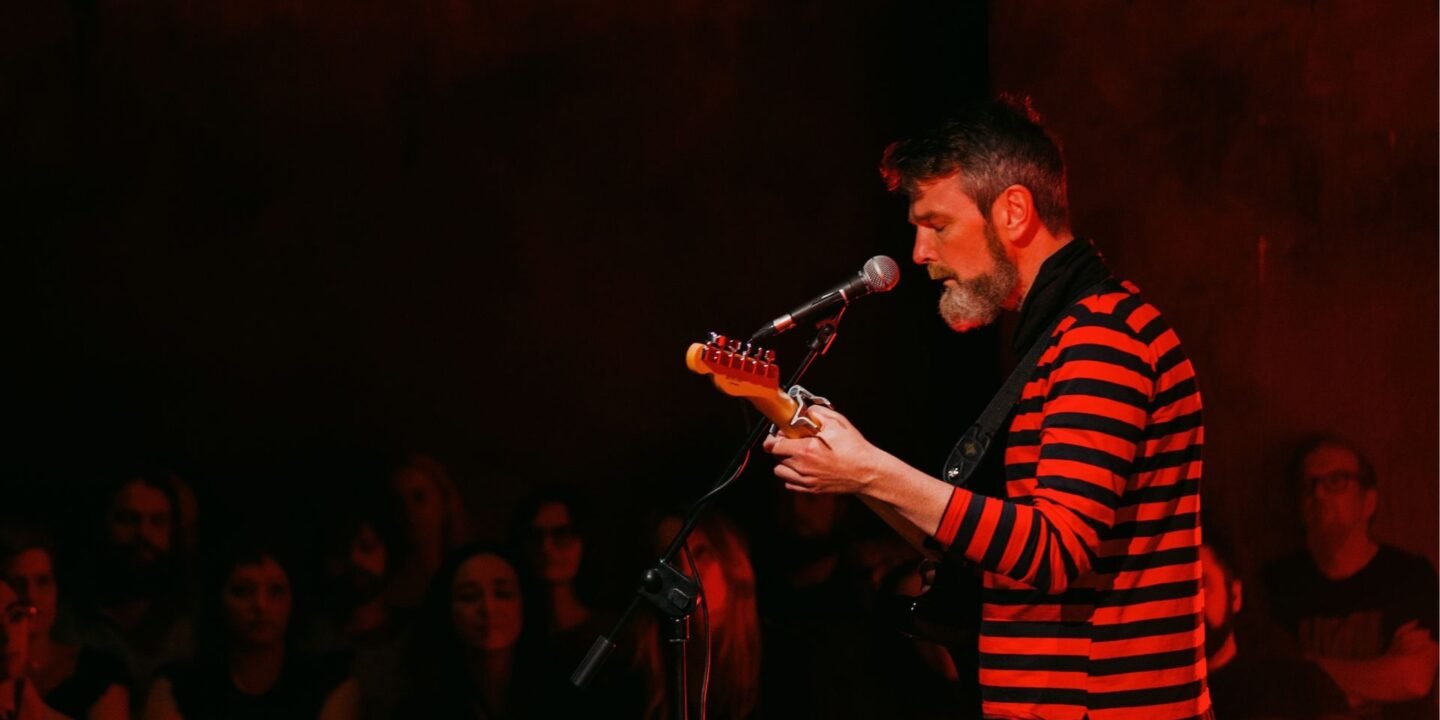
He added that, as well as being able to focus on his own music, he was also able to put together bands and pay other musicians and artists for their services thanks to the scheme.
The question of whether the 2,000 artists enrolled in the pilot would continue to receive funding or if they would need to reapply was raised in the Dáil by Sinn Féin arts spokesman Aengus Ó Snodaigh, who asked: “Will it be a new scheme? Will it be totally reworked? Will it be an extension of the current scheme?”
The Social Democrats TD Sinéad Gibney called for certainty and Ireland’s minister for culture Patrick
O’Donovan responded that any permanent scheme would rely on a funding source, explaining: “The quantum of the funding source will then determine the number of people that will be able to access it, again, having had discussions with the Department of Social Protection and others.”
Owl pointed out that recipients are required to pay tax on the payment and additional earnings, therefore boosting the economy. Meanwhile, a study of the scheme found that for every €1 (87p) the government had paid into the scheme, €1.39 (£1.20) was returned by artists through taxes and revenue. It was also found that recipients’ arts-related income increased by more than €500 (£433) a month on average.
Additionally, people who received BIA “spend on average 11 weekly hours more on their creative practice; and are 14 percentage points more likely to have completed new works in the previous six months, on average, completing 3.9 pieces of work more than the control group”.
Other countries have expressed interest in replicating similar schemes, with O’Donovan claiming officials from Australia, Wales, South Korea, Canada, Norway, Lithuania, Estonia and more have “sought briefings on the scheme”.
“Last year, our officials met with Jane Hutt, member of the Welsh Senedd and cabinet secretary for social justice, to discuss the strengths and challenges of the income pilot,” he said.
Jonny Douglas, co-founder of UBI Lab Network which advocates for a universal basic income (UBI), said that the expansion of the scheme is “fantastic news”, adding, “now, more than ever, we need to be demonstrating and understanding how basic income can help people.
“UBI Lab Arts is exploring a basic income pilot for musicians in the UK, and national creative trade unions already support UBI. The results from the Irish Artists Basic Income pilot, once again, highlight the need to do more of this in the UK.”
Douglas explained that universal basic income could be “our generation’s NHS”, urging politicians to explore the possibility of rolling it out in England and Wales.
“We hope this inspires Andy Burnham to take the next step and bring forward a basic income pilot in Manchester, and that other leaders follow suit too,” he said.
“I would imagine quite a few states will now take notice of this, financially it’s a no-brainer as the stats clearly show,” added Owl. “It’s very difficult to argue with the benefits to society as a whole as well as the artists involved. Art creates revenue, and no government can ignore that now.”
Do you have a story to tell or opinions to share about this? Get in touch and tell us more.
Reader-funded since 1991 – Big Issue brings you trustworthy journalism that drives real change.
Every day, our journalists dig deeper, speaking up for those society overlooks.
Could you help us keep doing this vital work? Support our journalism from £5 a month.

